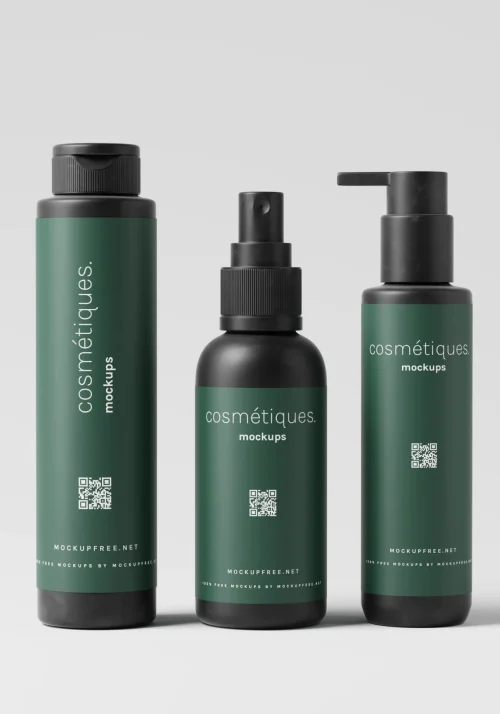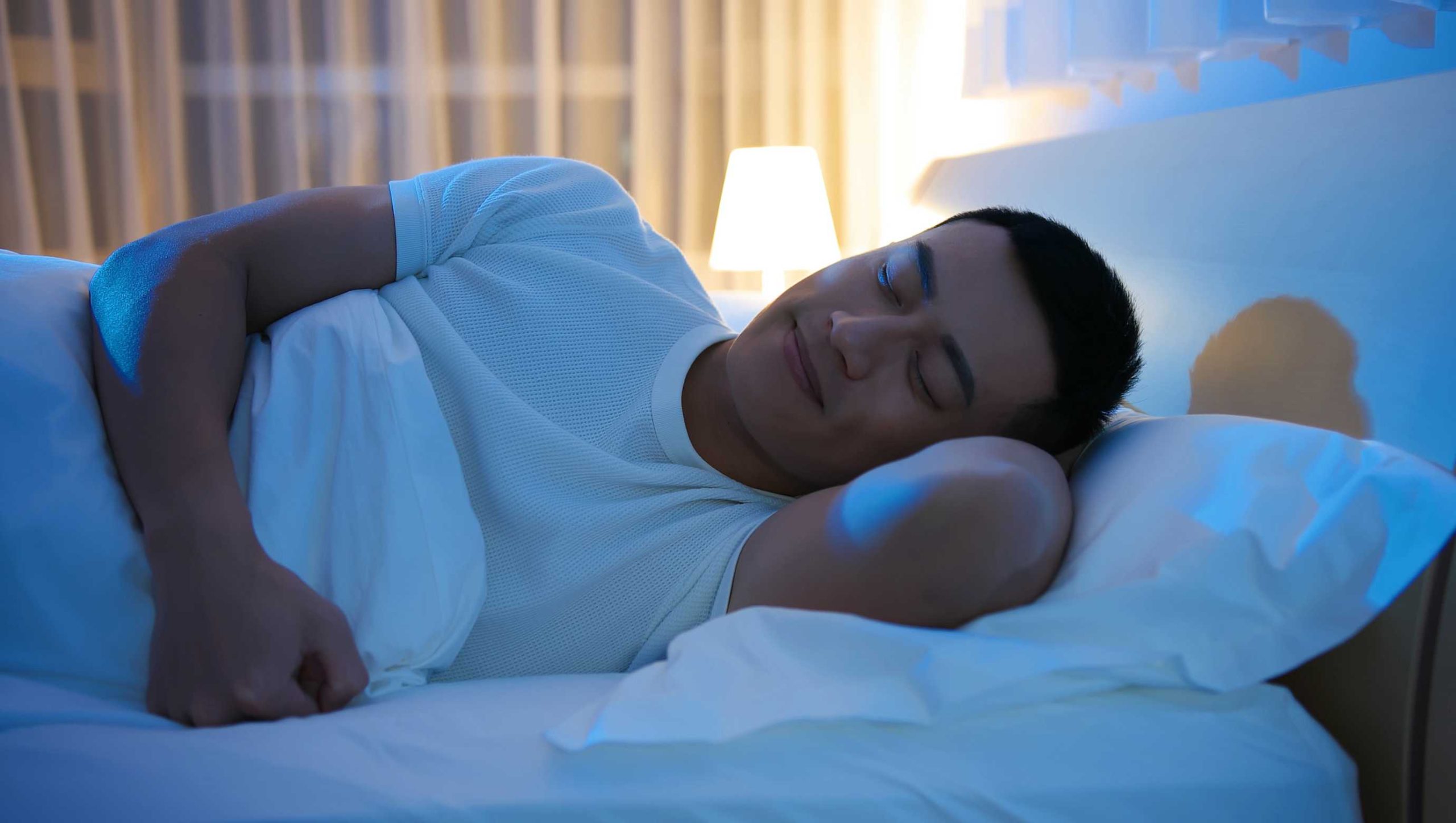The Science Behind Cannabis and Sleep
Sleep disorders affect millions of people worldwide, leading many to explore cannabis as a natural alternative to traditional sleep medications that often come with unwanted side effects. Cannabis interacts with the body’s endocannabinoid system, which plays a crucial role in regulating sleep-wake cycles, circadian rhythms, and overall sleep quality. Research suggests that certain cannabis compounds may help reduce the time it takes to fall asleep, increase total sleep duration, and improve overall rest quality. THC may help reduce sleep latency while CBD can address underlying issues like anxiety and chronic pain that often interfere with restful sleep, creating a synergistic effect that promotes better overall sleep health.
Understanding Strain Categories and Their Sleep Effects
The traditional classification of indica versus sativa strains provides a useful starting point for understanding cannabis effects on sleep, though individual strain chemistry is more important than broad categories. Indica-dominant strains are traditionally associated with relaxing, sedating effects that may promote sleep and are often preferred for nighttime use. The role of terpenes cannot be understated, with myrcene often found in indica strains potentially enhancing sedative effects, while linalool (also present in lavender) can promote relaxation and potentially improve sleep quality. Sativa strains typically provide more energizing, cerebral effects and are generally less suitable for bedtime use, though some users find certain sativas helpful for quieting racing thoughts. Understanding these differences helps you select products that align with your specific sleep needs and personal body chemistry.
Best Cannabis Products and Strains for Sleep
Popular sleep-promoting flower strains include Granddaddy Purple, Northern Lights, Bubba Kush, and Purple Punch, which typically feature high myrcene content and moderate to high THC levels that promote relaxation. Cannabis edibles provide longer-lasting effects ideal for maintaining sleep throughout the night, with many manufacturers offering sleep-specific formulations that combine THC with CBD and sleep-promoting terpenes like myrcene and linalool. Tinctures and oils offer precise dosing control and faster onset than traditional edibles, making them suitable for both falling asleep initially and middle-of-the-night dosing if you wake up. Vaporizable concentrates and flower can provide quick relief for acute sleep issues, while topical products may help with physical discomfort that interferes with rest. The key is finding products with consistent cannabinoid and terpene profiles that work reliably for your individual sleep patterns and needs.
Proper Dosing and Timing for Sleep
Effective cannabis dosing for sleep requires careful attention to timing, amount, and individual response patterns to avoid next-day grogginess or sleep disruption. For sleep purposes, start with low doses (2.5-5mg THC for edibles, small amounts for flower) taken 1-2 hours before your desired bedtime to allow for proper onset. Avoid high doses, which may cause next-day grogginess, interfere with natural sleep cycles, or paradoxically cause alertness in some individuals. Creating a consistent routine with cannabis use alongside good sleep hygiene practices including regular bedtime schedules, comfortable sleep environments, and avoiding screens before bed can enhance effectiveness. Monitor your response carefully and adjust timing and dosage as needed, keeping in mind that tolerance can develop with regular use.
Considerations and Best Practices for Cannabis Sleep Aid
While cannabis can be an effective sleep aid, regular use may affect REM sleep patterns and could lead to tolerance, requiring periodic breaks to maintain effectiveness. Some users experience rebound insomnia when discontinuing cannabis use after regular consumption, making gradual tapering preferable to sudden cessation. Individuals with chronic sleep disorders, sleep apnea, or other serious sleep conditions should consult healthcare providers before using cannabis for sleep, particularly if taking other medications. Consider combining cannabis with other natural sleep aids like melatonin, magnesium, or chamomile tea, though always research potential interactions first. The goal should be using cannabis as part of a comprehensive sleep wellness approach rather than relying solely on cannabis to address underlying sleep issues, ensuring you maintain healthy sleep habits that will serve you well long-term.




